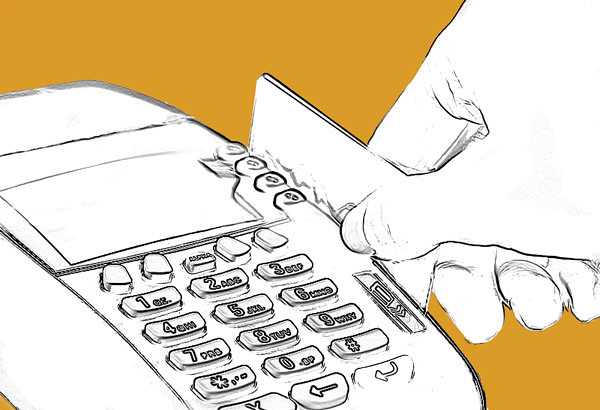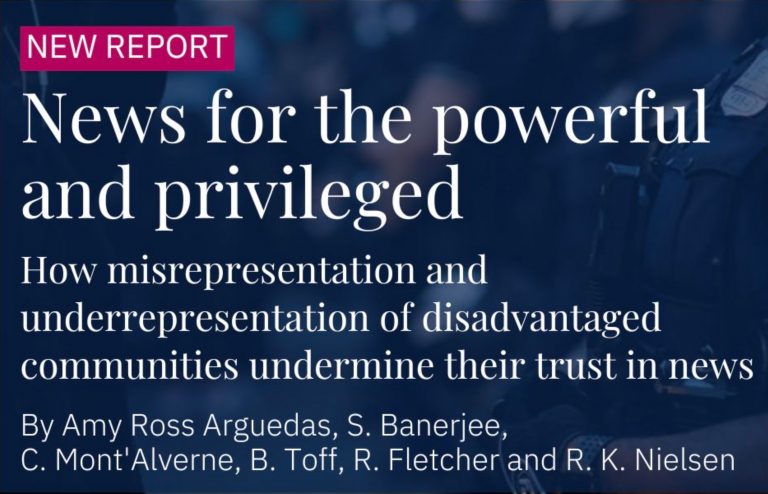The problem with cashless payments

“Among the poorest 40% of the population in the euro area, about 20% are excluded from digital payments because they do not use any payment cards: this would mean more than 23 million people. For them, the increasing digitisation of payments complicates their daily lives, creating difficulties in accessing goods and services, additional costs, a loss of autonomy and a feeling of relegation.”
This is what Tristan Dissaux, researcher in socioeconomics (CERMi) at the Université Libre de Bruxelles (ULB), emphasises in his article for The Conversation (seemingly promoted by the Axa Research Fund).
Certain types of means of payment now seem indispensable for full participation in socioeconomic activity, yet they’re not necessarily available to everyone. Digitalisation thus increases the number of people in a situation of “monetary exclusion” – they may have money, but not in the right form.
Interestingly, he points out the cultural and social value of cash:
Something deeper is at stake that cannot be summed up in simple considerations of practicality. Money is not just a simple technical tool that makes our economic transactions more fluid, but a social institution: our collective use of money helps shape our society.



